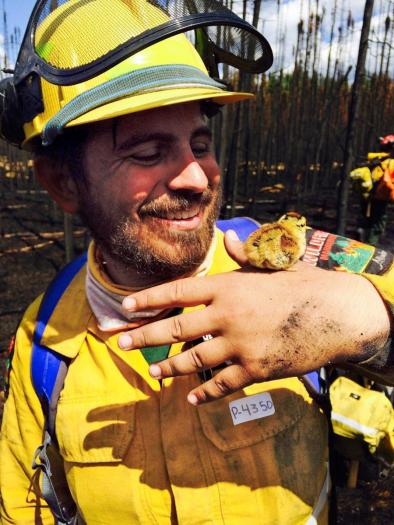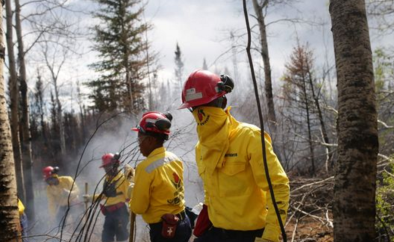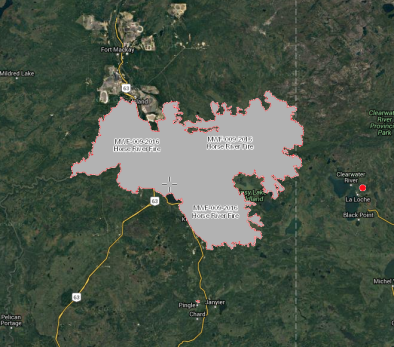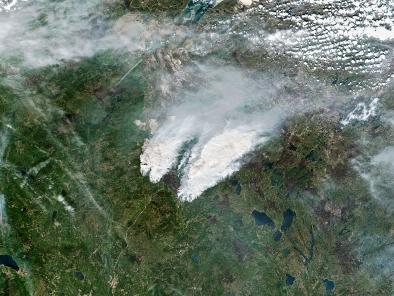The Fort McMurray Disaster: Getting Beyond “Is It Climate Change?”
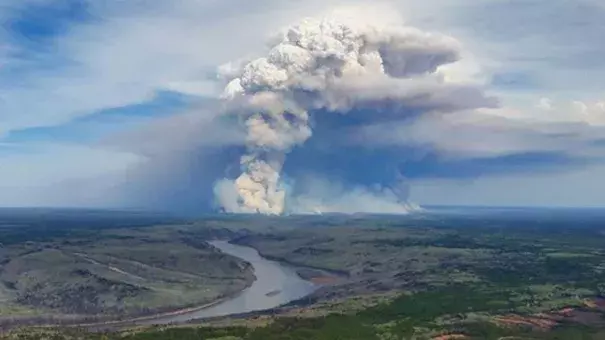
The Fort McMurray fire arrived months ahead of when summer wildfire typically races through the boreal forests of northern Alberta. A low-pressure center arcing far north of a typical early-May track brought hot southwest winds across the Fort McMurray region, which lies within the southern edge of the great boreal forests of northern Canada. Fort McMurray saw record daily highs of 91°F on Tuesday and 89°F on Wednesday. The city gets this warm on only about five days in a typical year, and those days are usually in July or August (even then, the average daily high is between 70°F and 75°F). The hot weather struck at an uncommonly bad time for wildfire risk: after winter snows had disappeared, but before the summer green-up had taken hold. Normally the window between these would be quite narrow, but snowfall was light this winter across the region, and it disappeared quickly during record warmth in April. From December through April, Fort McMurray recorded only 1.69” of precipitation, compared to the 1981-2010 average for that period of 3.22”...
[In] springtime, the snowpack is vanishing far more quickly than it did in decades past, another outcome well predicted by global climate models. On top of all this, El Niño tends to produce warm Canadian winters, so the strong 2015-16 El Niño event added a hot spike to the long-term drumbeat of winter warming across western Canada
Related Content
